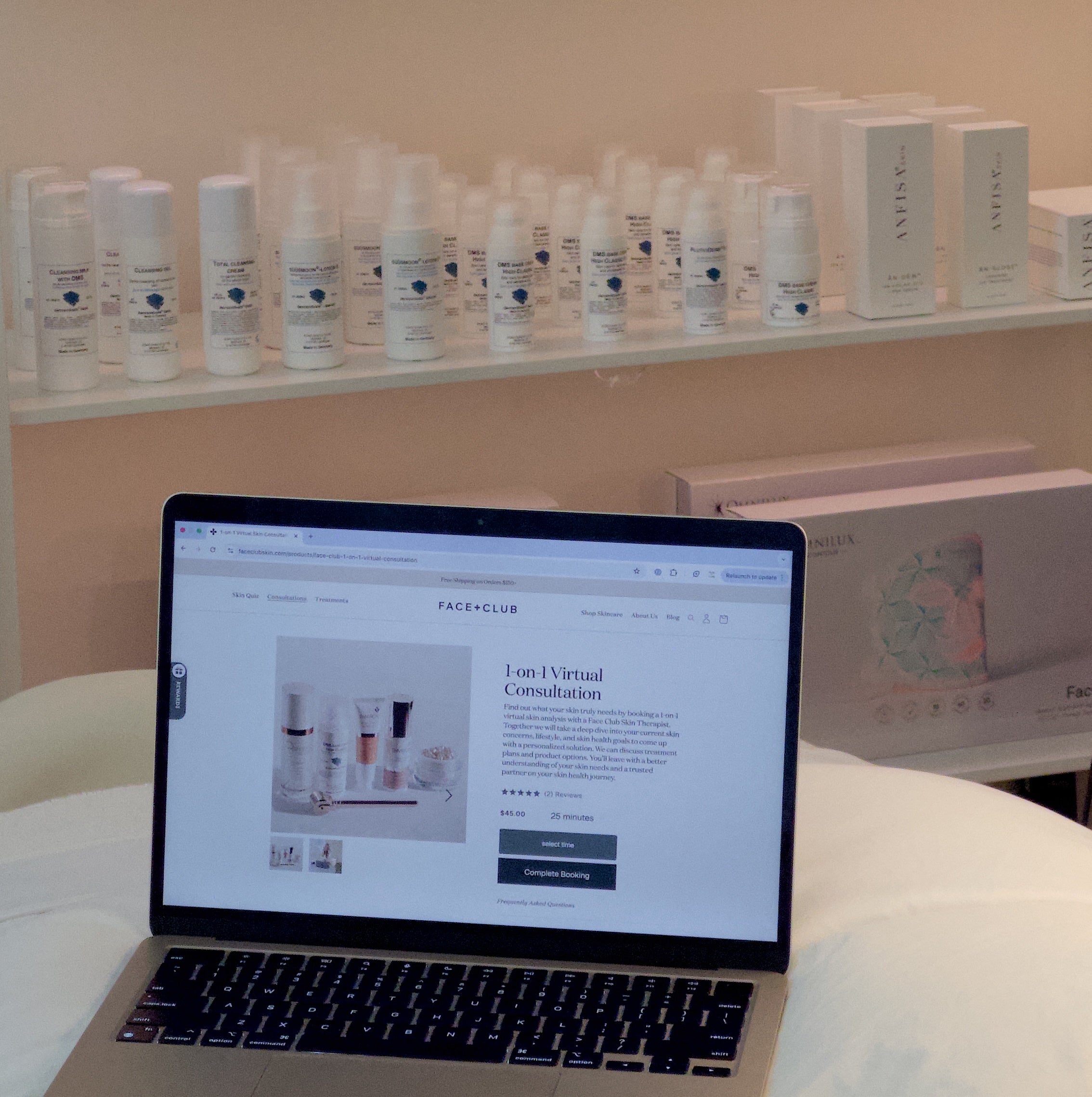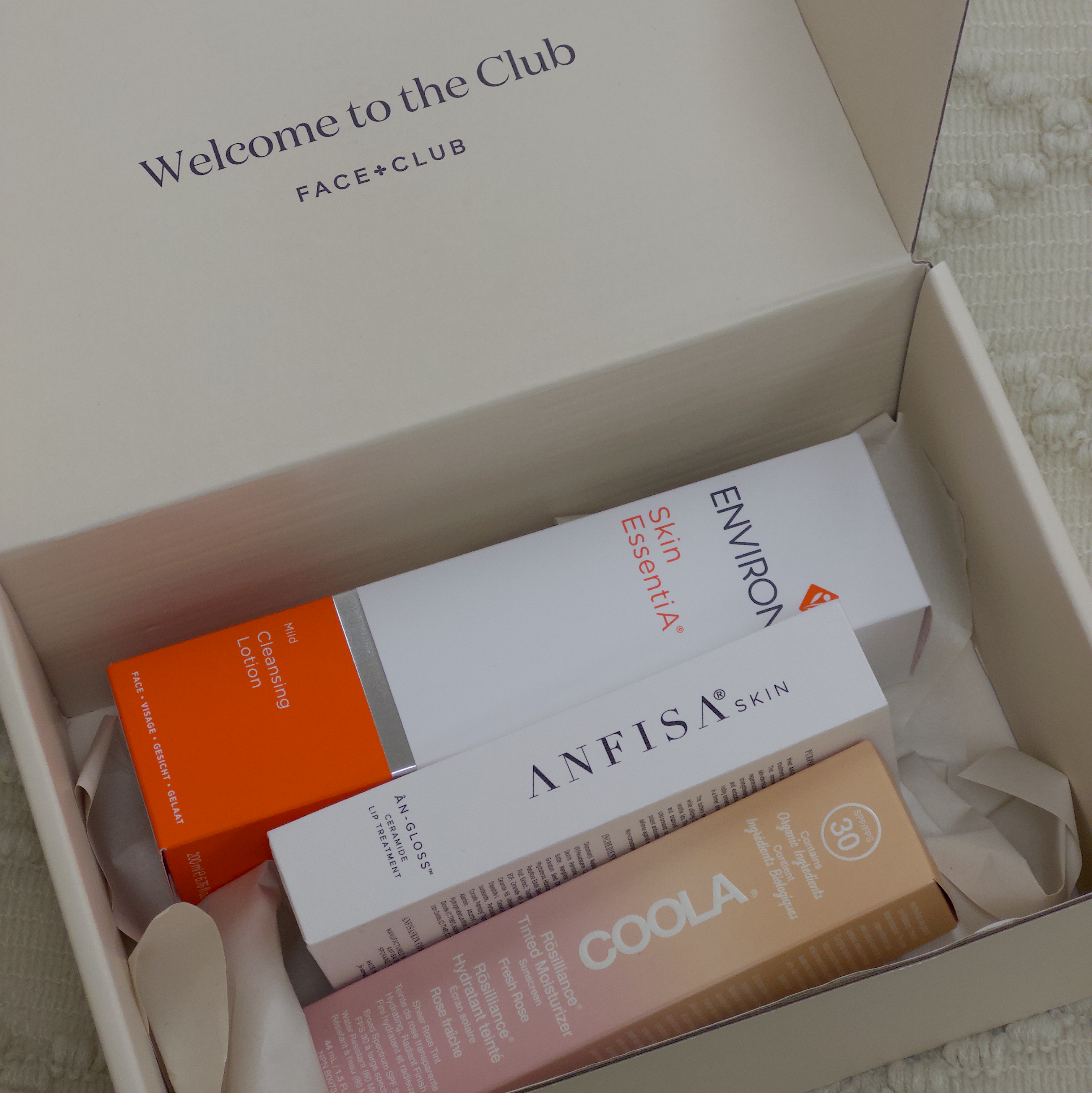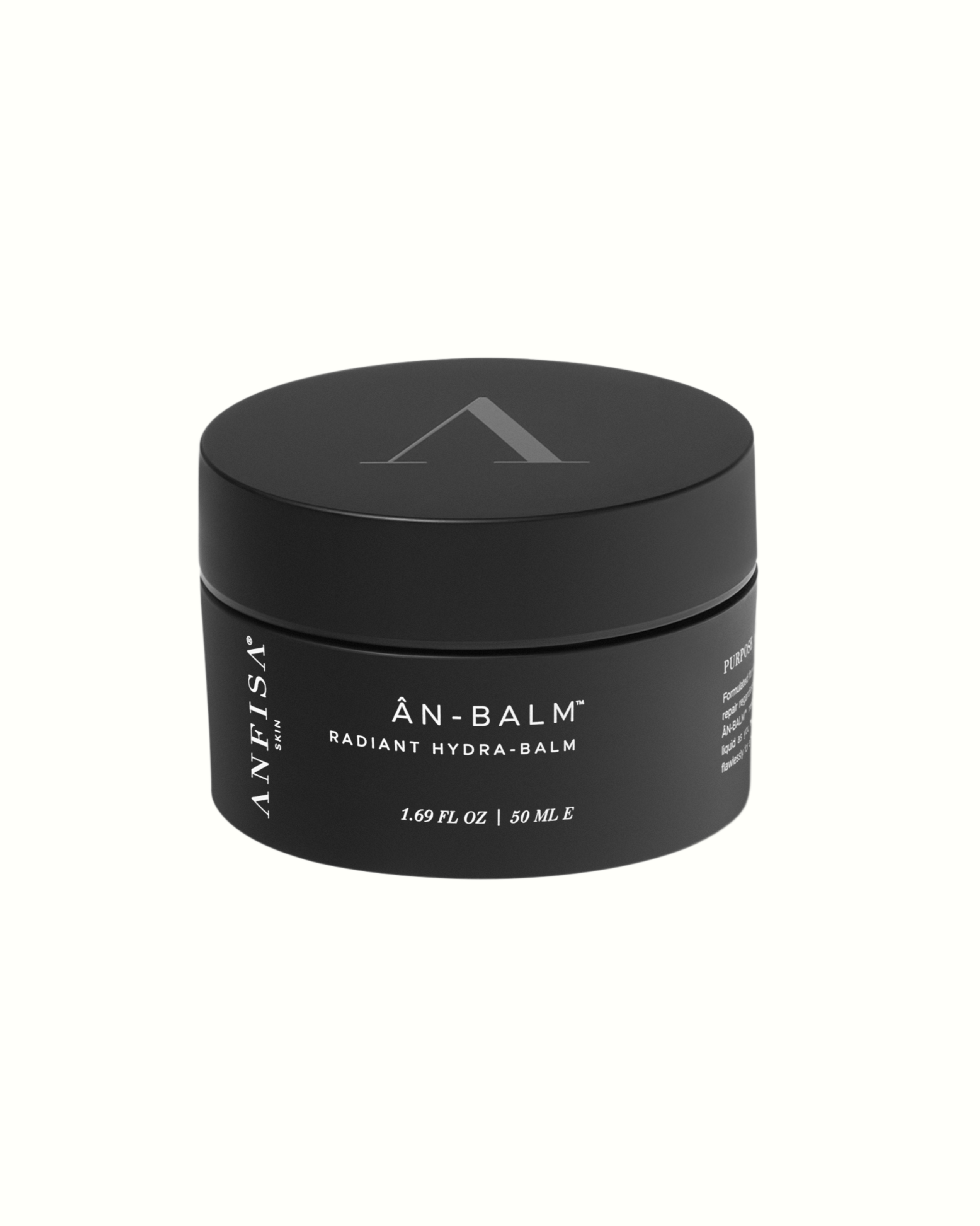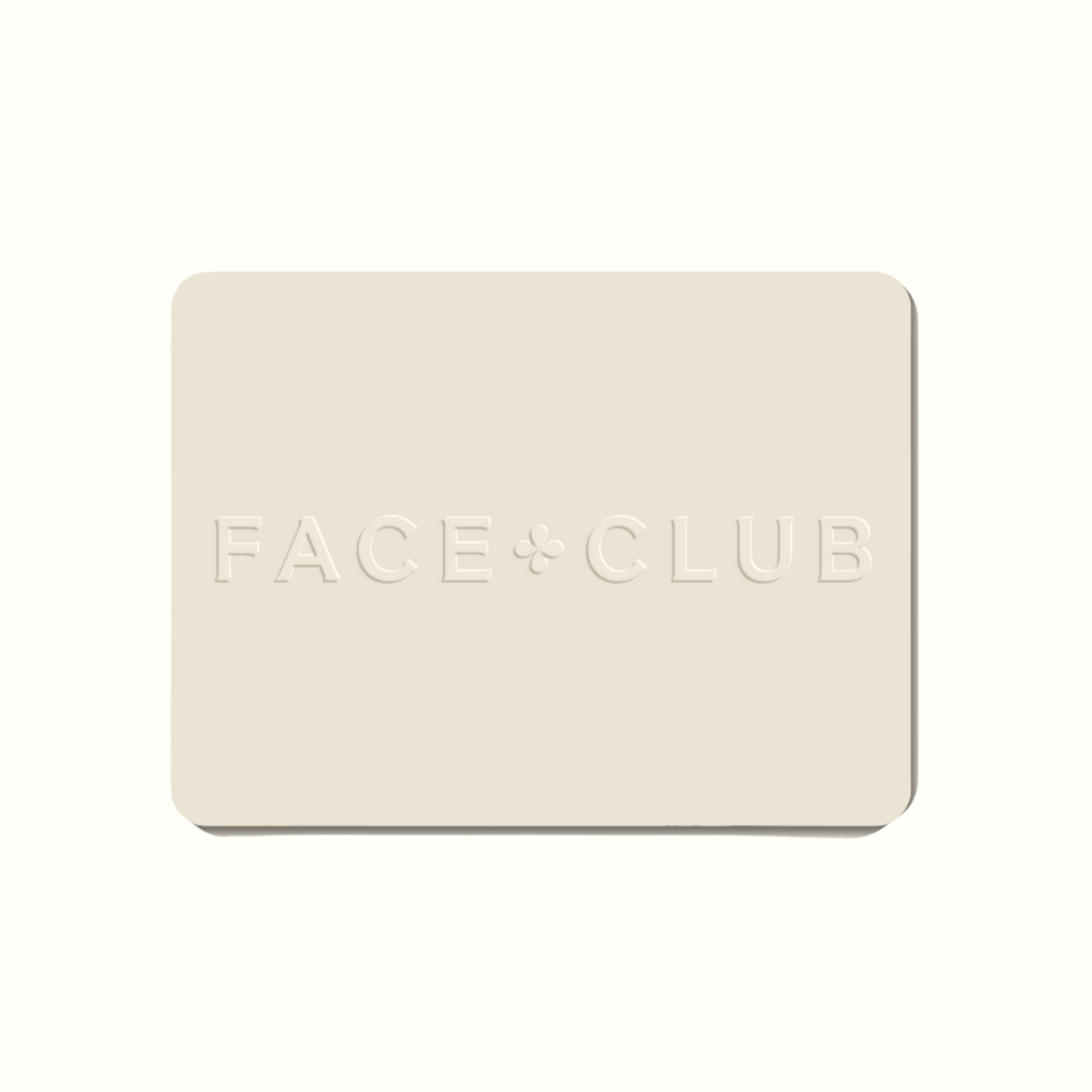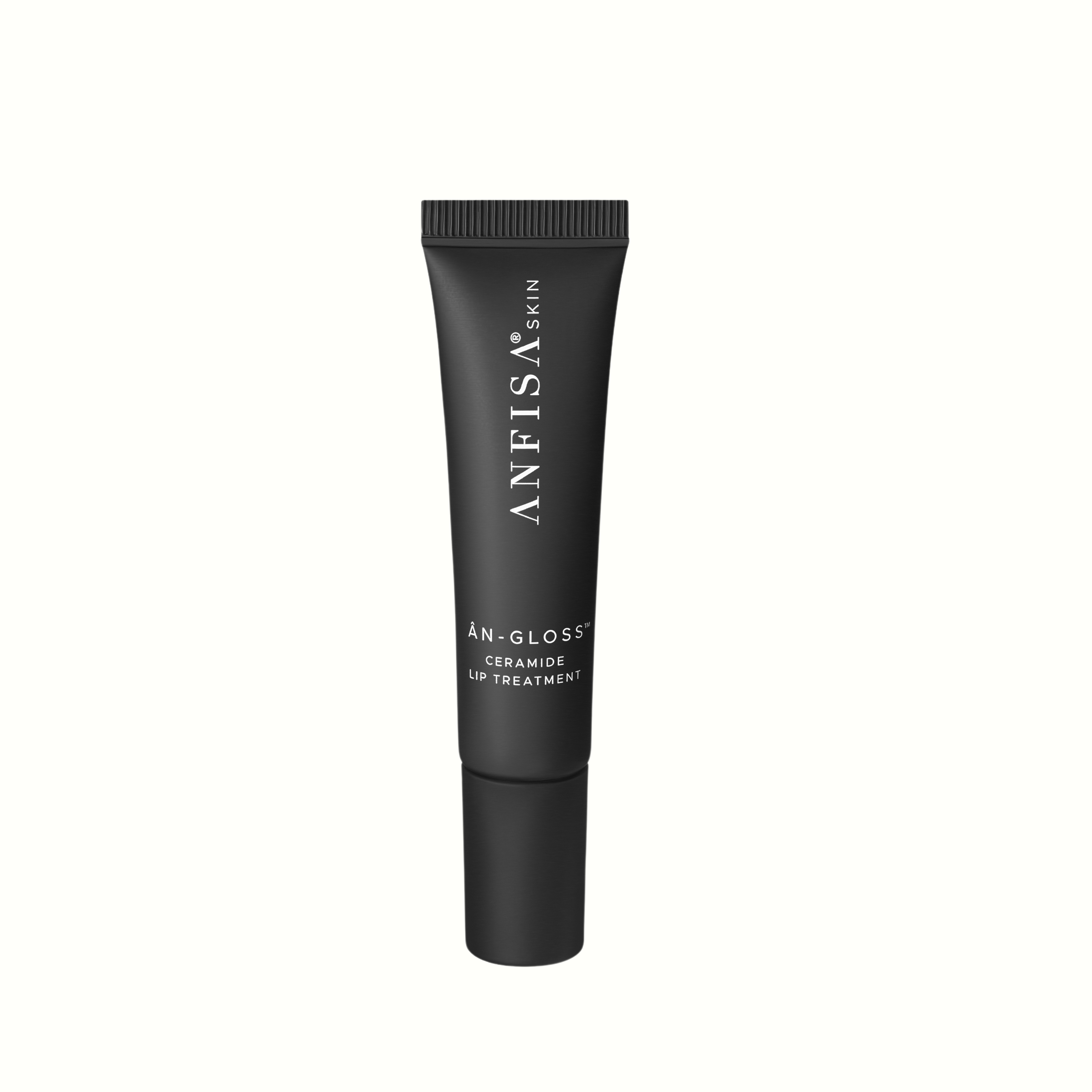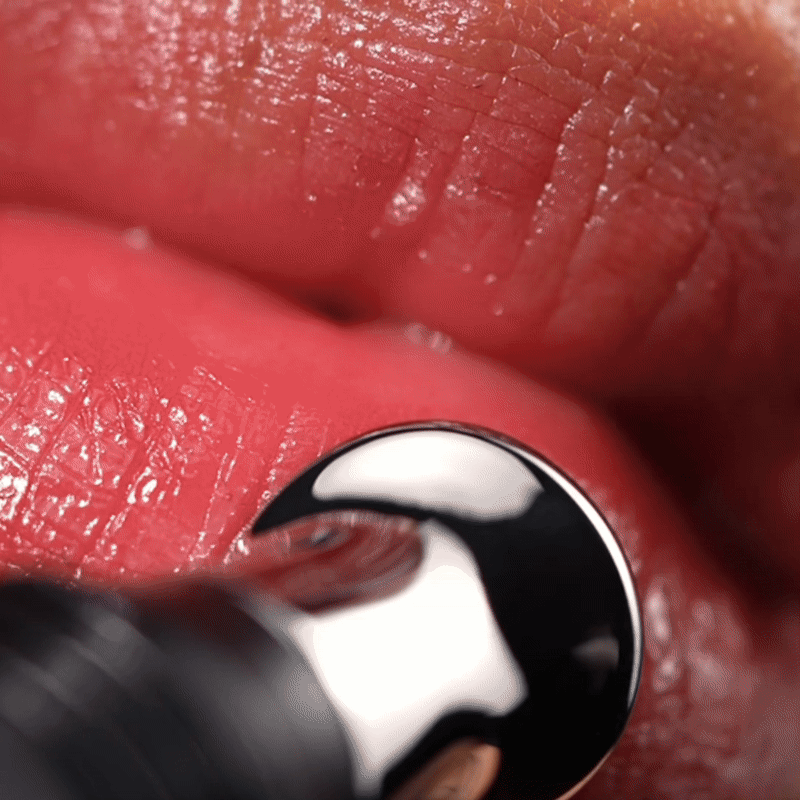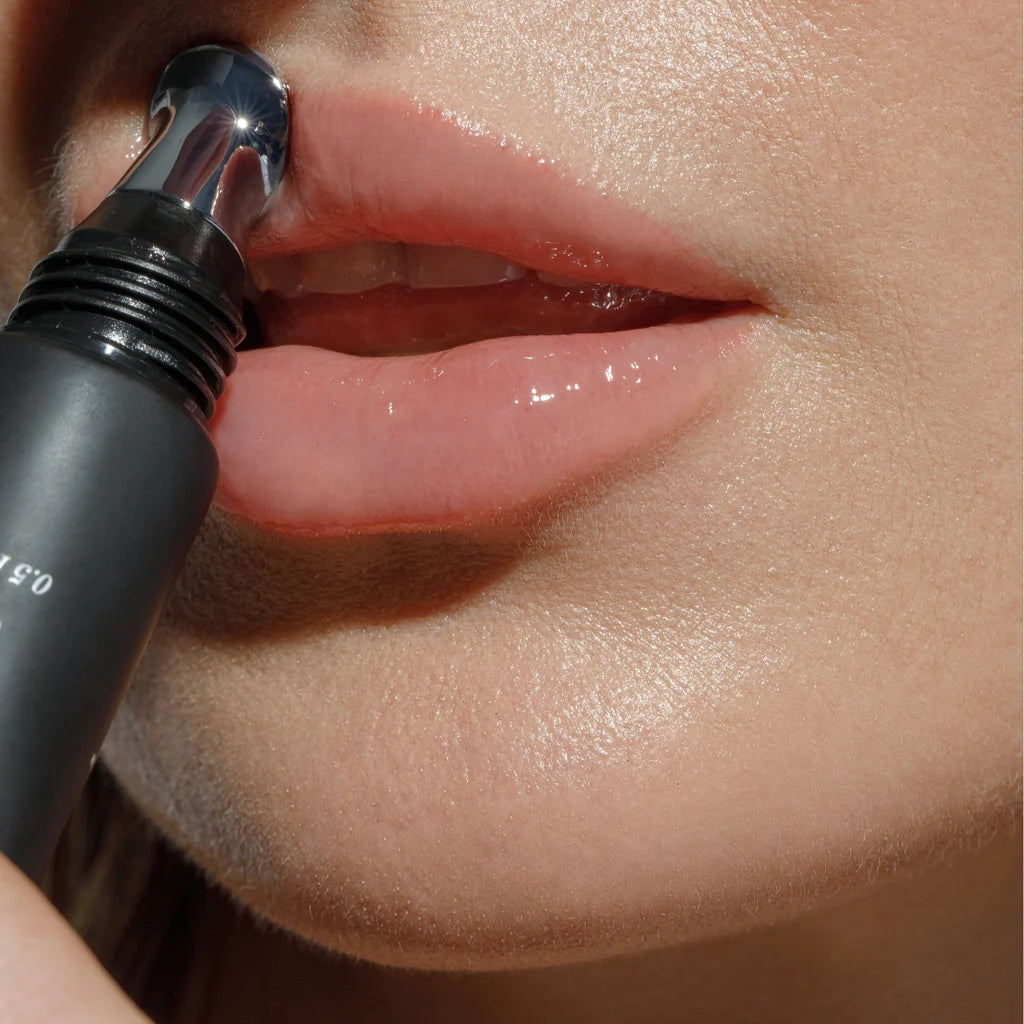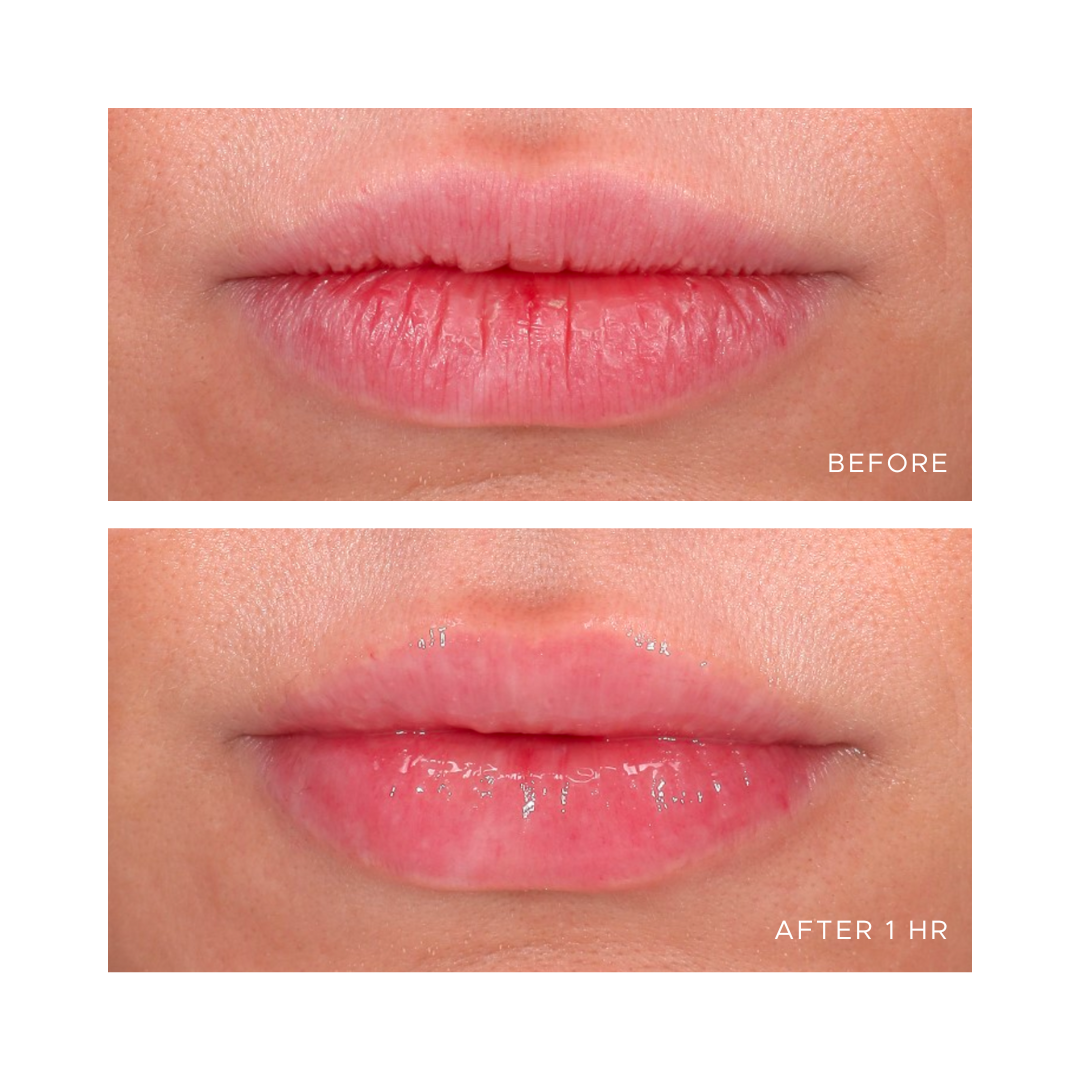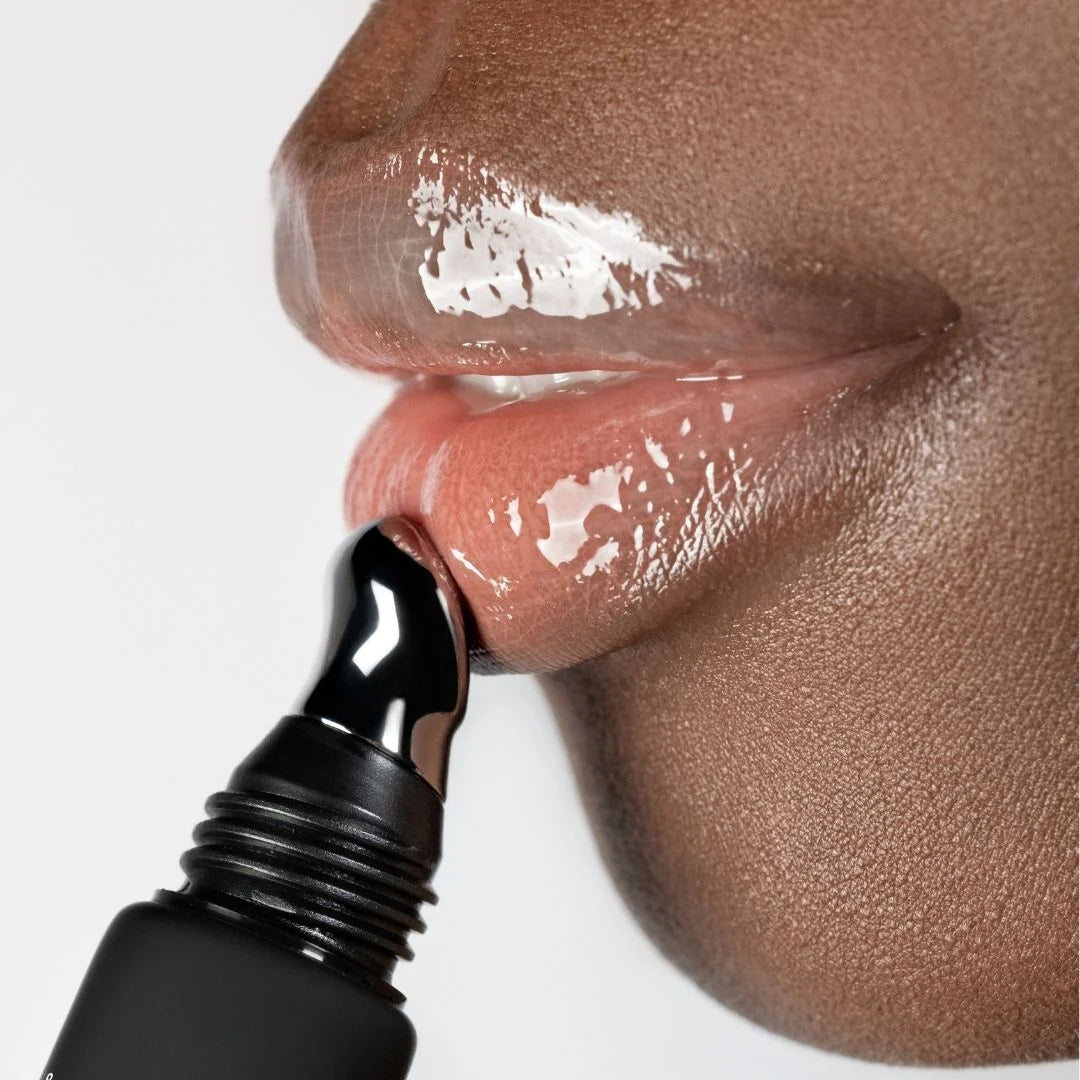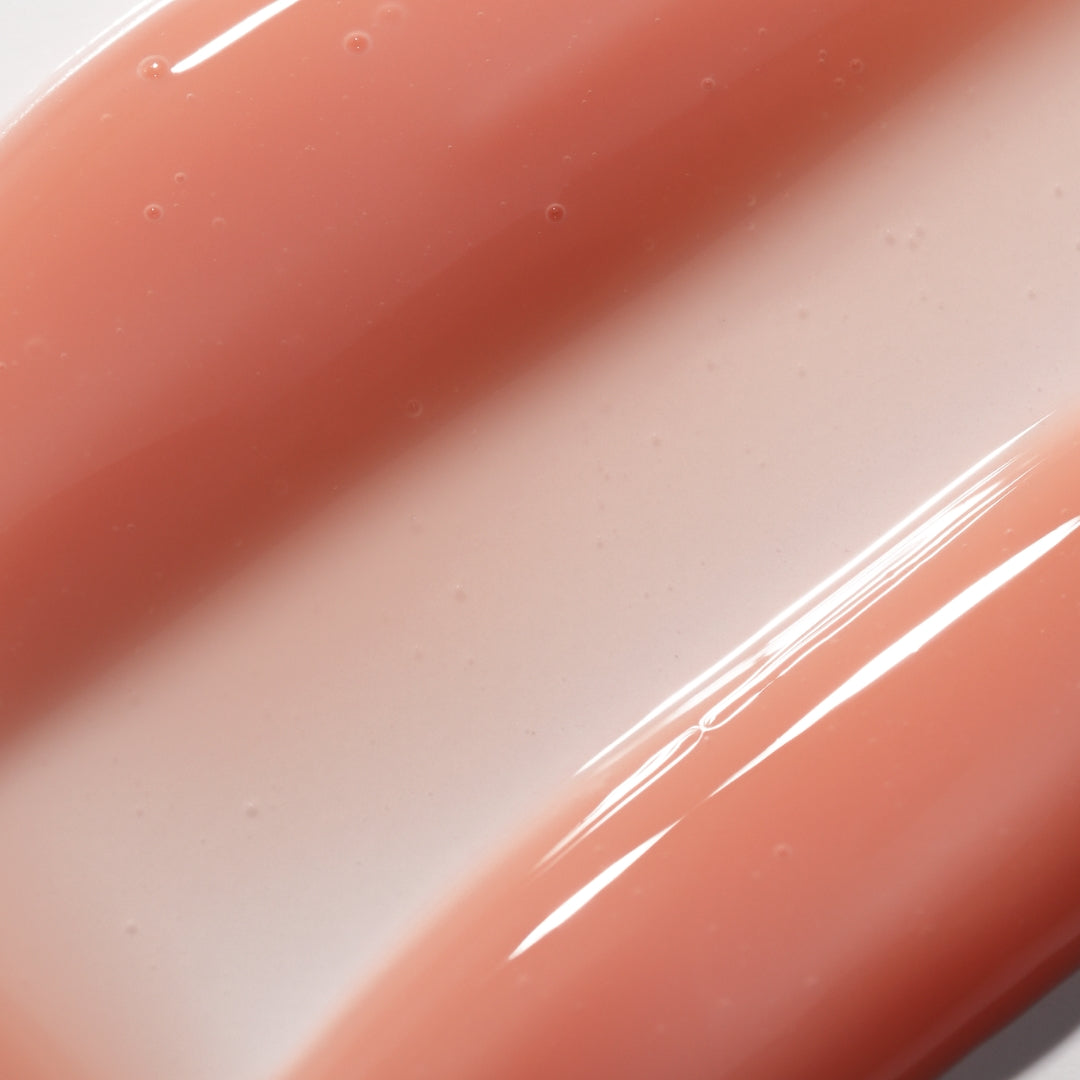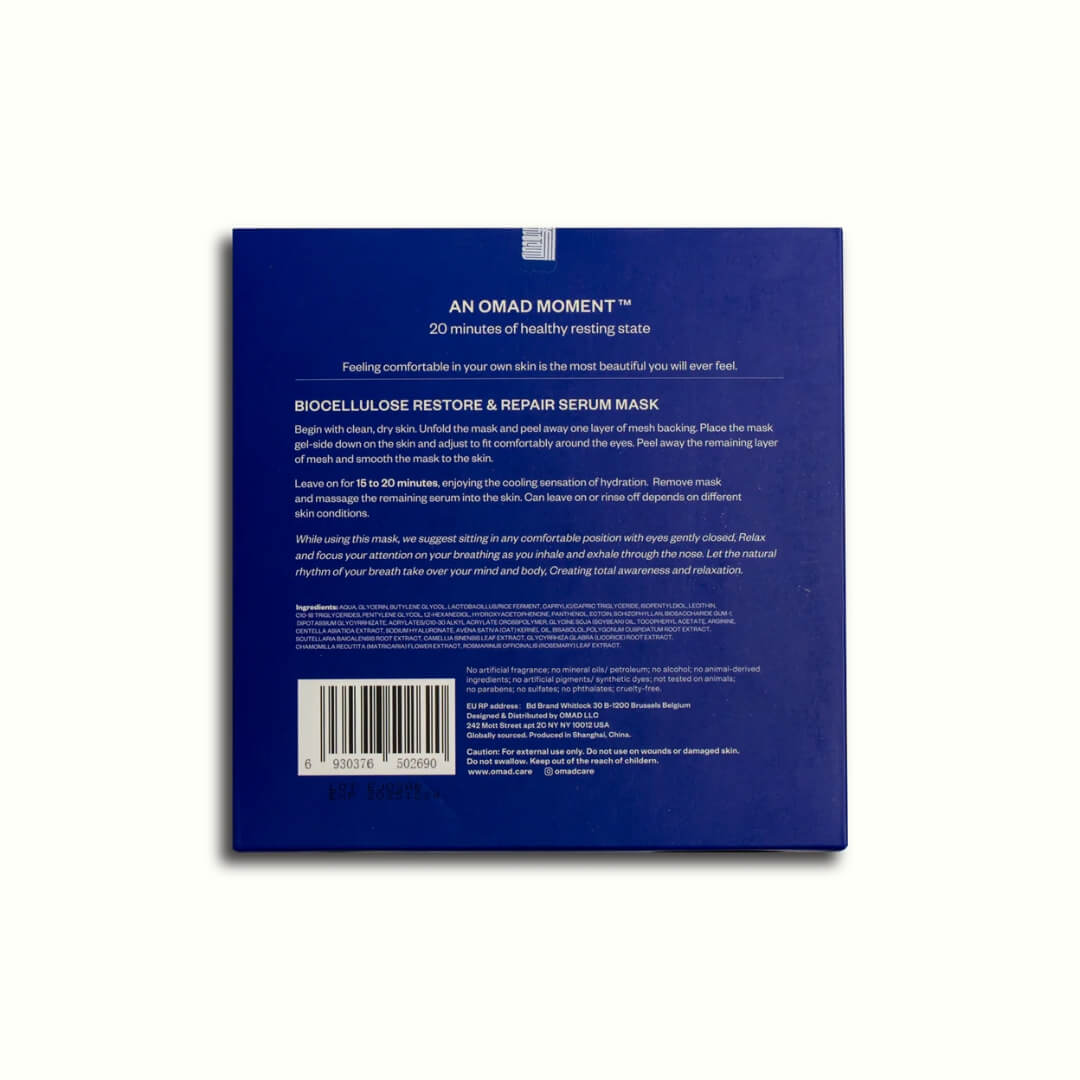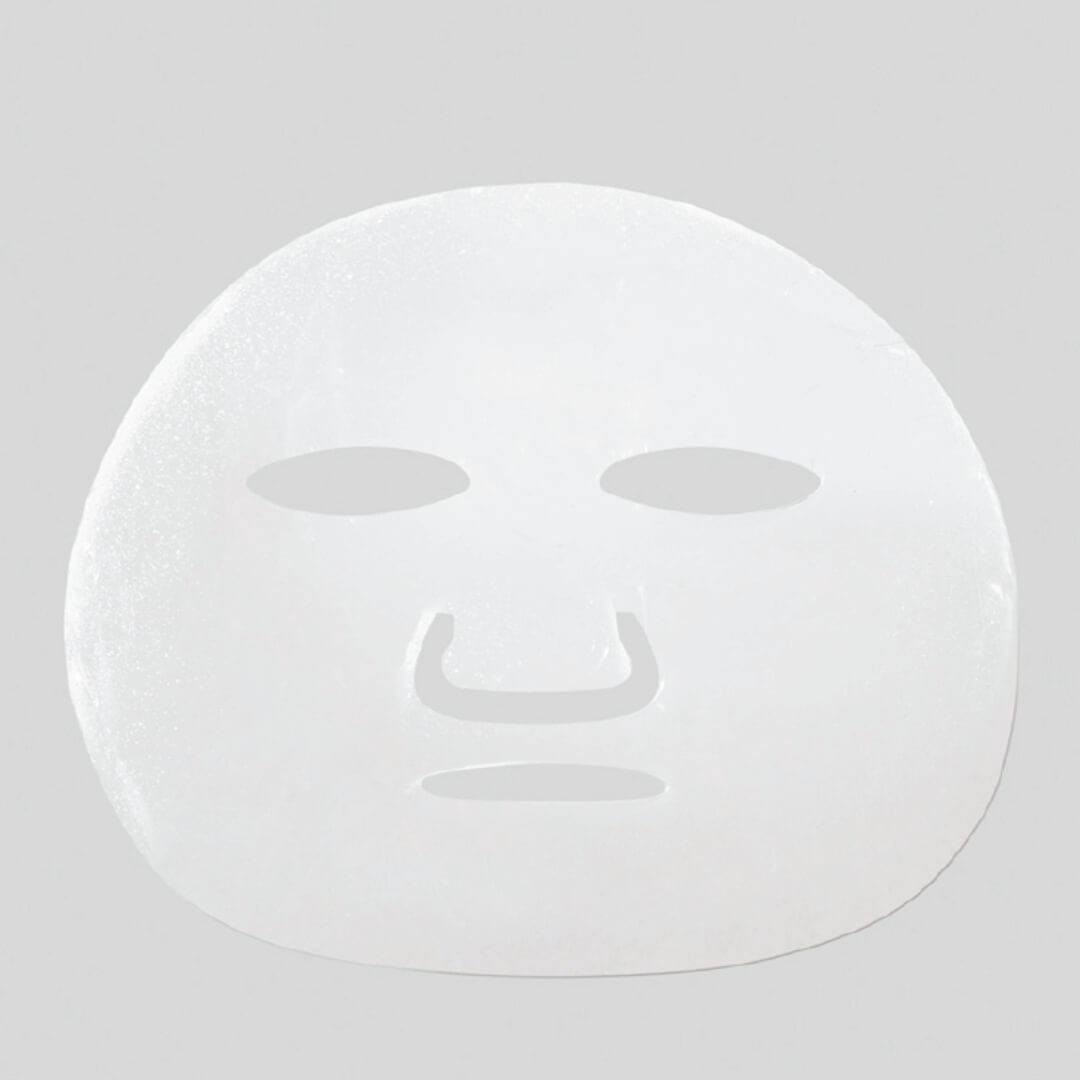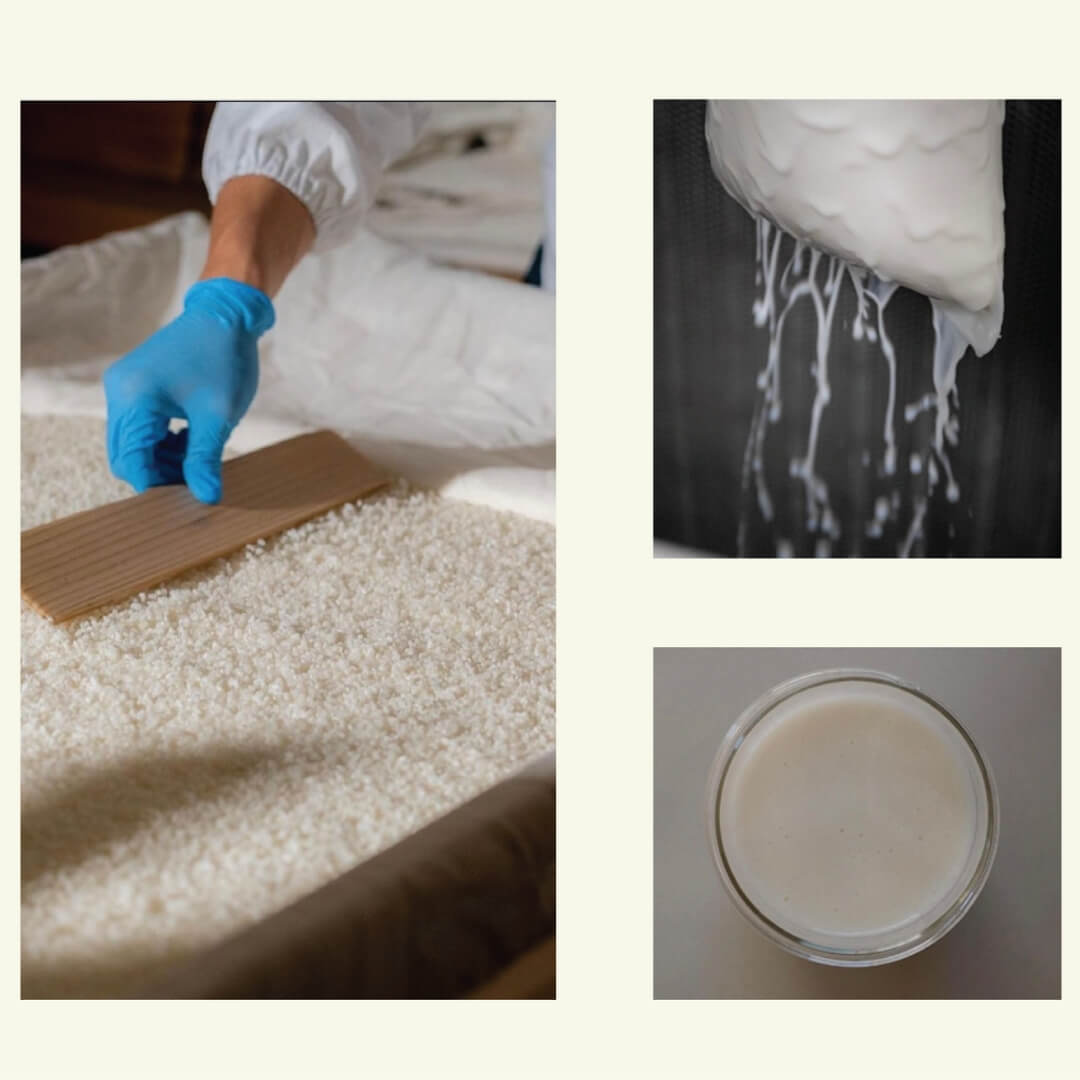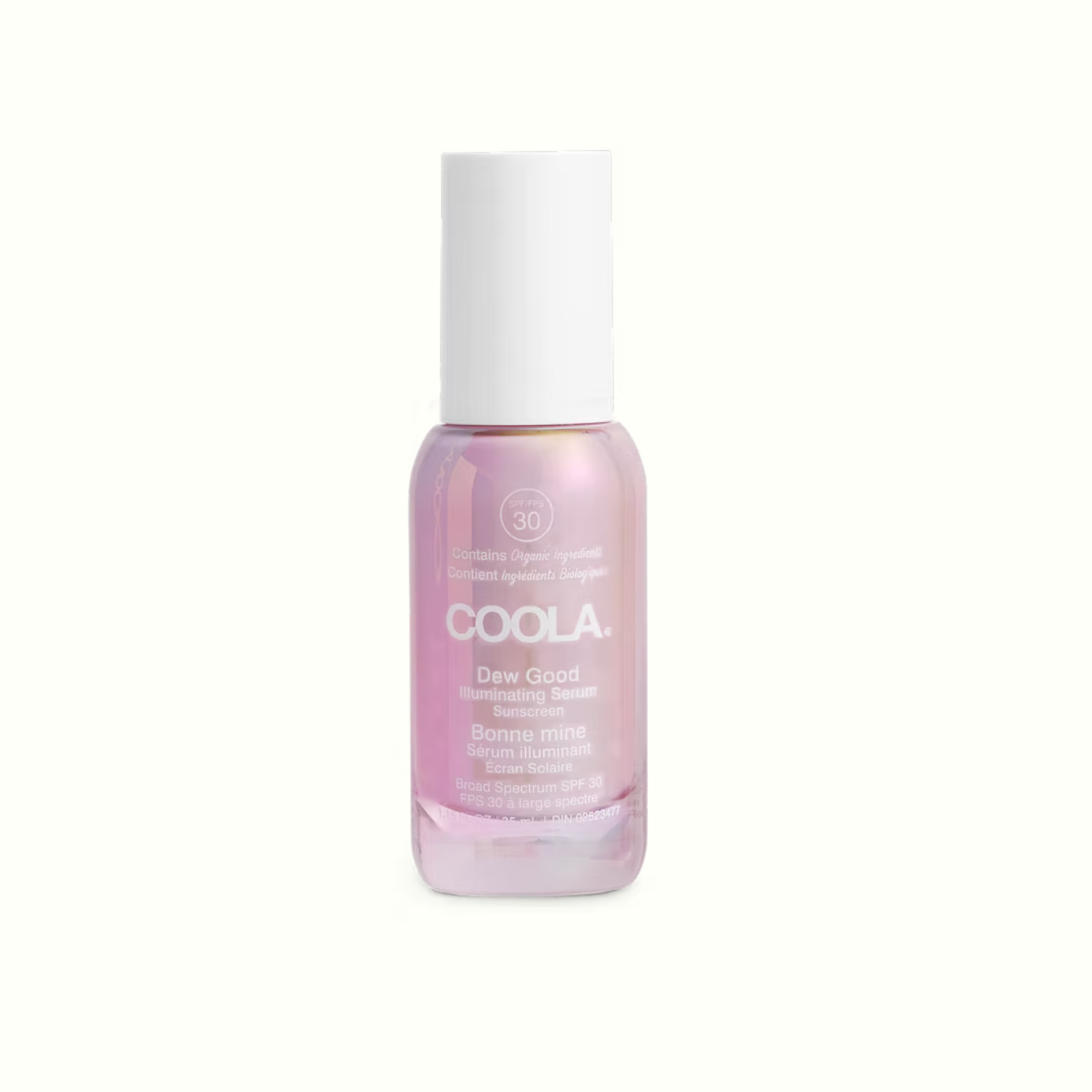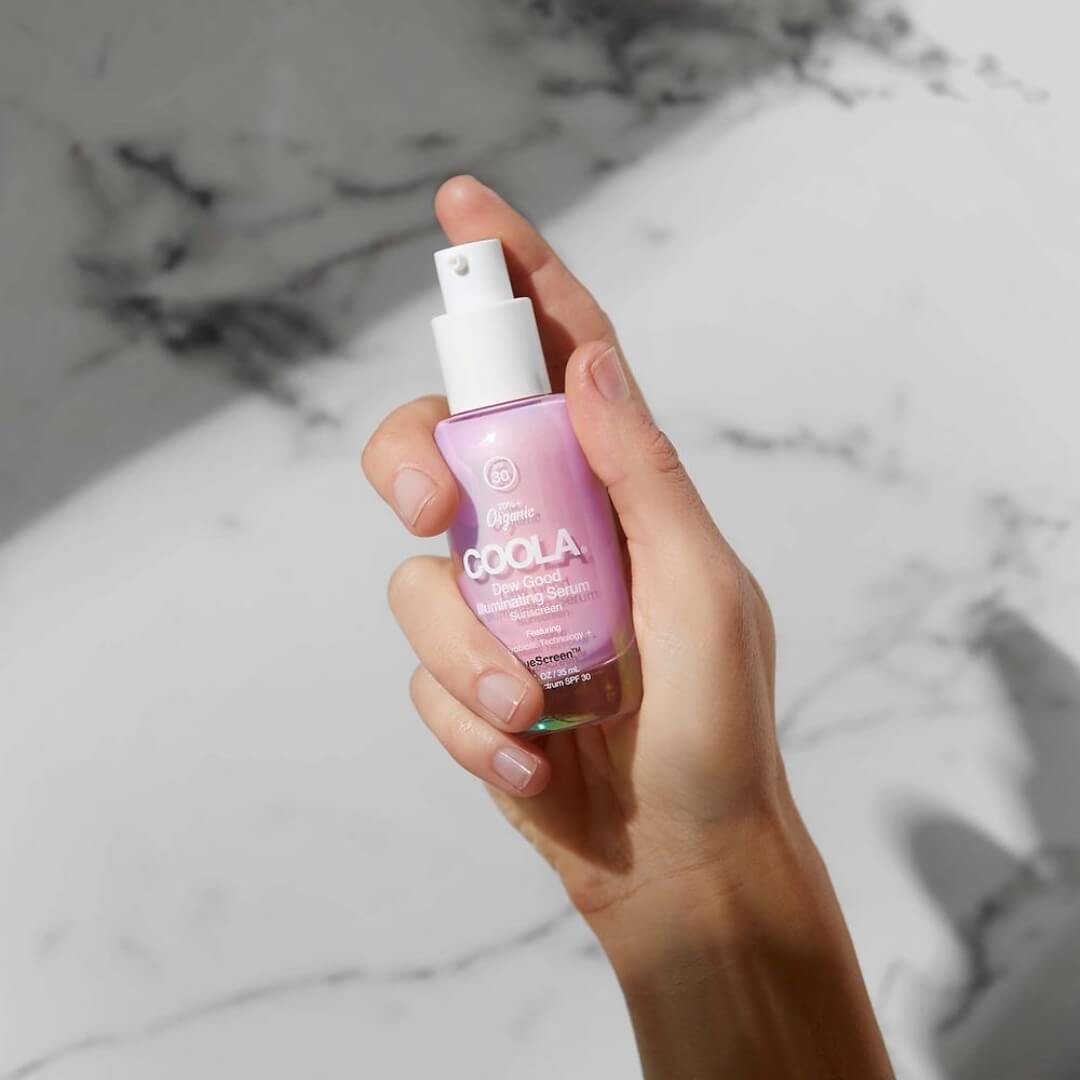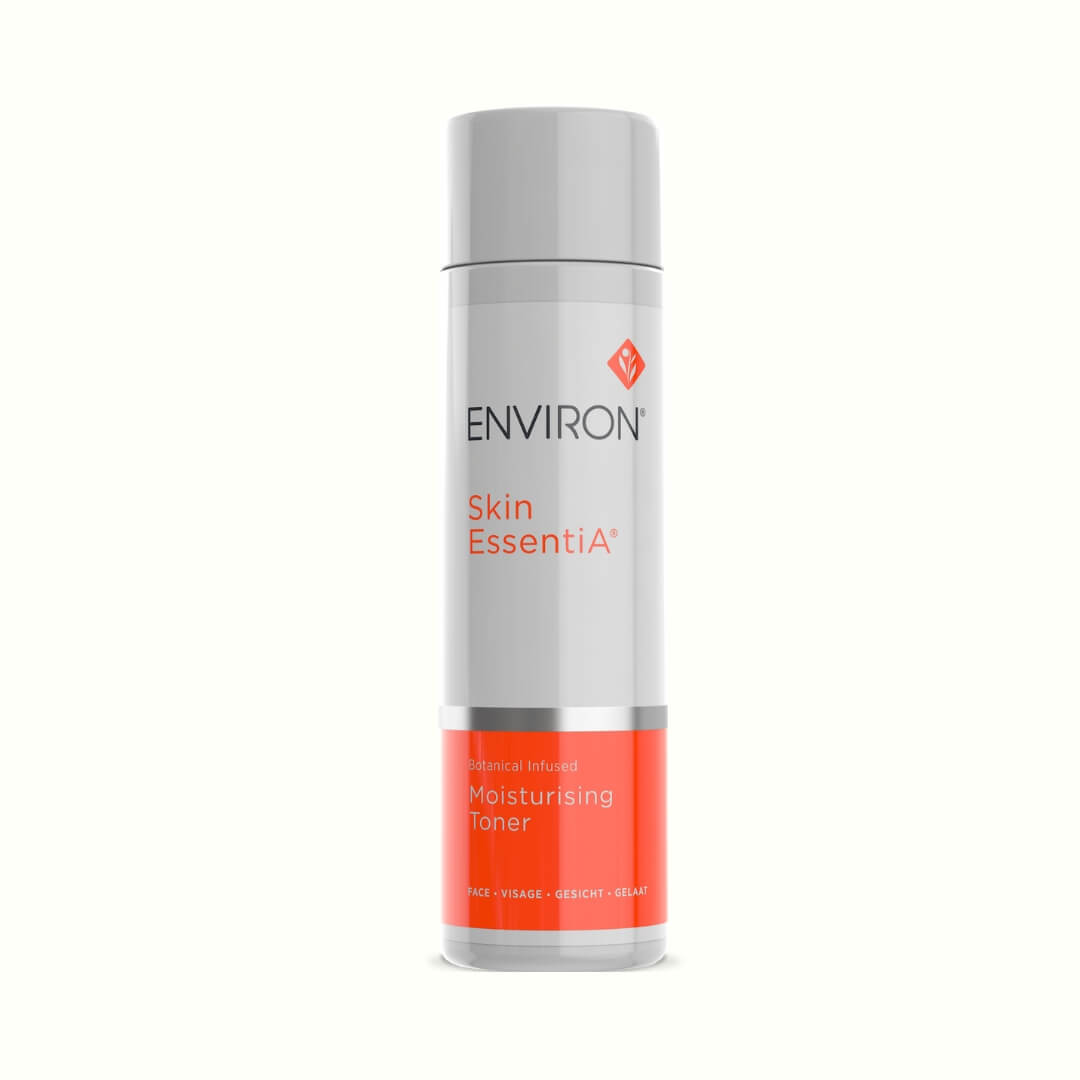Sensitization: Understanding Reactive Skin
Sensitization is an inflammatory condition typically caused by an impaired skin barrier. This leads to the skin being more vulnerable to environmental factors. Sensitized skin often involves an immune system response, and it is crucial to take a holistic approach by treating the skin externally as well as supporting the body internally.
What are the Symptoms of Sensitized Skin?
Sensitization skin can manifest in various ways. Common symptoms include:
- Redness: Persistent or temporary redness, often with a blotchy appearance.
- Heat: A sensation of warmth or burning in the skin.
- Itchiness: Frequent or occasional itching.
- Rosacea: Redness accompanied by visible blood vessels and sometimes small, red bumps.
- Dryness: Flaky, rough patches of skin.
- Tightness: A feeling of tight or stretched skin, especially after washing or exposure to certain products.
What are Common Triggers of Sensitized Skin?
When our skin becomes sensitized, it means that our natural skin barrier is compromised. Our skin barrier is made up of lipids and corneocytes ‘dead’ skin cells, that protect our skin from things like bacteria, pollution, and dehydration. When our skin barrier is impaired, pathogens and bacteria that wouldn’t normally penetrate, can. Our bodies sense this, and send increased blood flow and white blood cells to defend itself - causing the inflammation.
Several factors can exacerbate sensitized skin. Common triggers include:
- Environmental Factors:
- Extreme temperatures (hot or cold)
- Wind and sun exposure
- Pollution
- Harsh Skincare Products:
- Fragrances and dyes
- Certain chemicals and alcohols
- Certain preservatives
- Lifestyle Factors:
- Stress
- Lack of sleep
- Poor diet, excess alcohol consumption
- Allergens:
- Pollen
- Dust mites
- Animal dander
- Other Triggers:
- Hormonal changes
- Certain medications

What are the Best Products to Use for Sensitized Skin? Face Club Recommendations.
Managing and preventing sensitized skin involves a combination of selecting the right skincare products and making some lifestyle adjustments. By rebuilding the natural moisture barrier of the skin we can block out common irritants and prevent inflammatory reactions.
At Face Club, the first recommendation we make to those experiencing this skin condition is to strip back on any harsh actives, like AHA’s, BHA’s, Retinoids, or Vitamin C. Temporarily using a gentle, hydrating skincare routine can resolve symptoms quickly, but more chronic conditions can take longer to treat.
Here are our Face Club favourites:
- Dermaviduals DMS Cleansing Milk
- Provides anti-inflammatory and skin-soothing properties.
- Helps improve skin barrier function.
- Osmosis Epidermal Repair Serum
- Uses Trioxolane (Ozonized Ethyl Oleate):
- A patented calming ingredient.
- Neutralizes toxins and calms inflammation.
- Activates epidermal wound repair.
- Environ AVST Gel
- A light gel formula containing gentle Retinlyl Palmitate and the lipid form of Vitamin C, making it suitable for sensitized skin
- Restores Vitamin and Antioxidant levels for healthy skin
- Dermaviduals DMS Base Cream High Classic
- Free from fragrance, preservatives, emulsifiers, and parabens
- Restores optimal skin barrier function with skin barrier mimicking DMS Components
- Ultra nourishing
General Tips for Managing Sensitive Skin
- Use Non-Irritating Skincare Products:
- Avoid over-exfoliation, harsh retinoids, and certain Vitamin C products
- Avoid harsh chemicals and alcohol-based products
- Use a gentle cleanser, anti-inflammatory hydrators, and a mineral SPF daily
- Maintain a Healthy Lifestyle:
- Eat a balanced diet rich in antioxidants and omega-3 fatty acids.
- Stay hydrated by drinking plenty of water.
- Get enough sleep and manage stress levels.
- Limit excess caffeine and alcohol intake
- Protect Your Skin from Environmental Stressors:
- Use a humidifier in dry environments.
- Wear protective clothing and accessories in extreme weather conditions.
- Consult a Skin Therapist:
- Sensitized, reactive skin can be incredibly difficult to treat. It often requires consulting with an expert to diagnose and prescribe the correct treatment plan. Our Face Club Skin Therapists are trained in skin anatomy and physiology, with knowledge on products & ingredients. Talk to a licensed Face Club Skin Therapist start your journey towards healthier, calmer skin.

